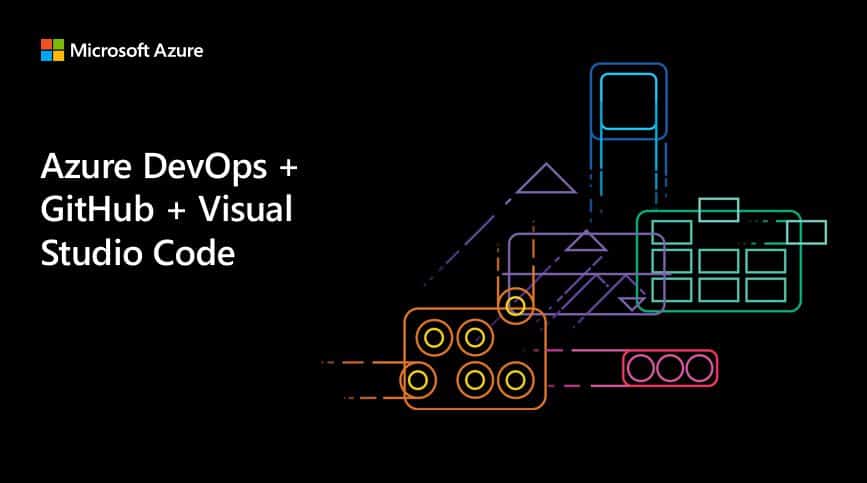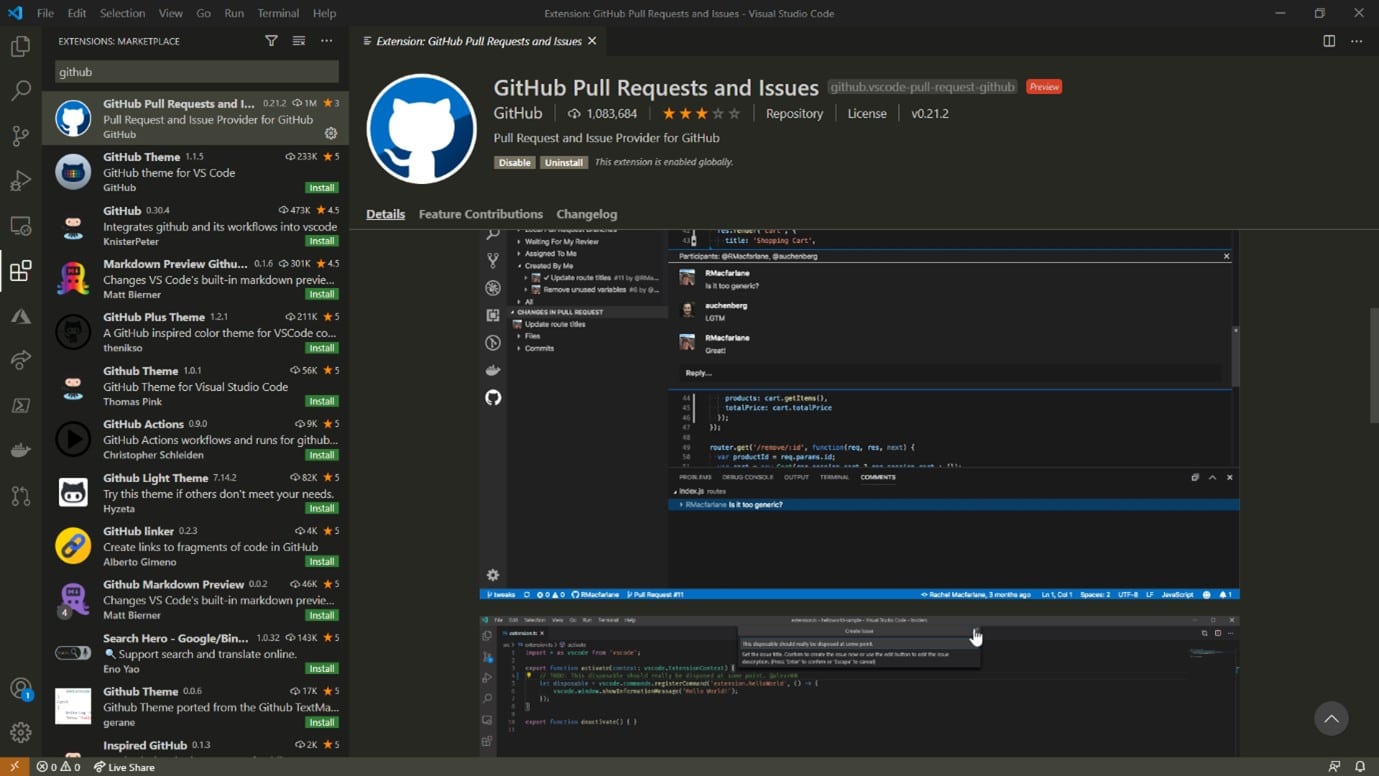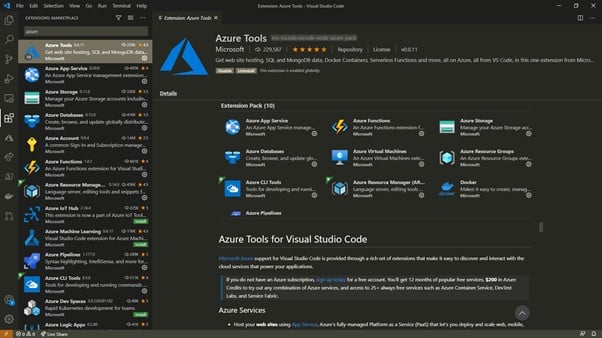

With increased responsibilities and technology options, developers are asked to not just worry about the code they write, but all other aspects of the application development life cycle. The plethora of tools at a developer’s disposal has also made developer responsibilities even more challenging. Determining what tools and platforms to develop on have caused a “too many options” scenario in lots of cases.
As challenging as this landscape is, there are solutions. One thing that’s abundantly clear, GitHub is the place where developers go to learn and collaborate with the community.
GitHub has enabled developers to have the power of the entire Open-Source community at their disposal and the freedom to learn from the work of others to better themselves as a developer. GitHub has unveiled many tools aside from hosting source code to make the ecosystem as comfortable as possible.
One of the tools that have received recent attention is “GitHub Actions”. No matter the app, if you are going to send it somewhere that isn’t your local machine, the app deserves to have some continuous integration and continuous delivery, simple as that. The question becomes, if my code is already in GitHub, what is the easiest way to hook CI/CD into my app? The answer is GitHub Actions.
GitHub Actions allow developers to easily configure custom workflows, using a bounty of existing community-created workflows to fulfil the needs of their app. It isn’t just starting from scratch as there are workflows to do nearly everything, and your goal is to just build your Action in the way YOU need it. With GitHub Actions, getting your app to the Cloud is super easy.
Talking about where it goes before you write and compile your app seems non-sensical, but thinking about these things early will allow you to choose the technology/tools you need to be most productive.
One of the best tools to write the code is Visual Studio Code. Visual Studio Code is a cross-platform, multi-language editor that provides extensive extensibility to create the perfect environment to write code. Whether you are writing express apps in Node.js, multi-thread highly scalable applications in Go, or writing cutting-edge modules on your Raspberry Pi with Python, VS Code gives you the ability to work in the way that benefits you the most.
The best part, VS Code offers deep integrations with GitHub, which allows you to clone/pull/push your repositories as well as manage your work on issues and pull requests, without leaving the editor. Once you have your repo in VS Code, the editor gives you access to an oversupply of Open-Source extensions to do everything from configure your experience, down to your font and background of choice. Nearly anything is possible with VS Code, and with first-class GitHub support, it truly is one of the best options.

With code being built-in VS Code and stored in GitHub and DevOps with GitHub Actions, the last thing we need to think about is now what?
Azure is the ultimate Cloud for GitHub., there is no other Cloud that best enables developers to be the most productive, and with integrations to VS Code AND GitHub, you truly have “best of breed” capabilities at your disposal.
Let’s start with VS Code Integrations. Existing extensions enable developers to seamlessly connect to their Azure tenants and have full management capability of the resources in their subscriptions, including creation, scaling, configuration, debugging and even deployment!
Microsoft has built an extension pack called “Azure Tools” which includes extensions to manage every major Azure resource type as well as Azure CLI support AND Docker. There are also other extensions published by Microsoft that connect and manage nearly every Azure Resource. This means when new features come to the platform, they will be coming to the Microsoft published extensions.

Finally, it is safe to say that Azure loves GitHub and the integrations are plentiful. From Azure Portal authentication with GitHub Ids, to individual services interfacing with GitHub (one great example of this is Azure Static Web Apps, which allow CI/CD to be configured on creation of the resource).
There is no better integration story between GitHub and Azure than “GitHub Actions for Azure” a set of pre-built GitHub Action workflows that helps you automate your app’s story on Azure, from deployment to monitoring and everything in between.
GitHub + Visual Studio Code + Azure ensures you as a developer can just trust the tools and get your work done.

Sign up to our webinar to learn more